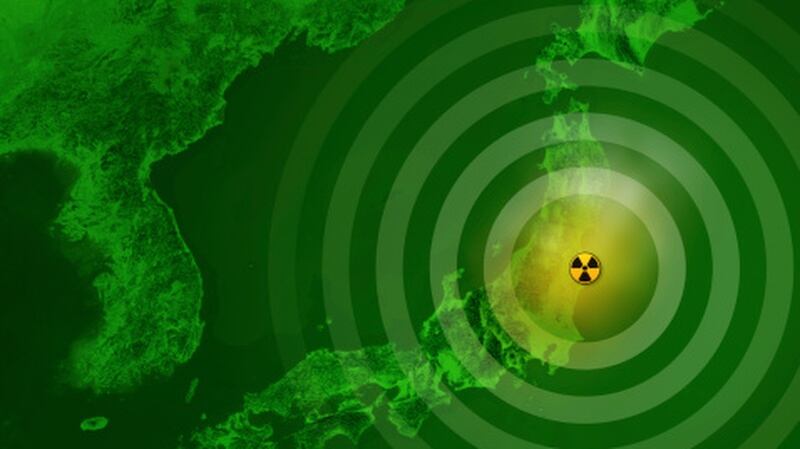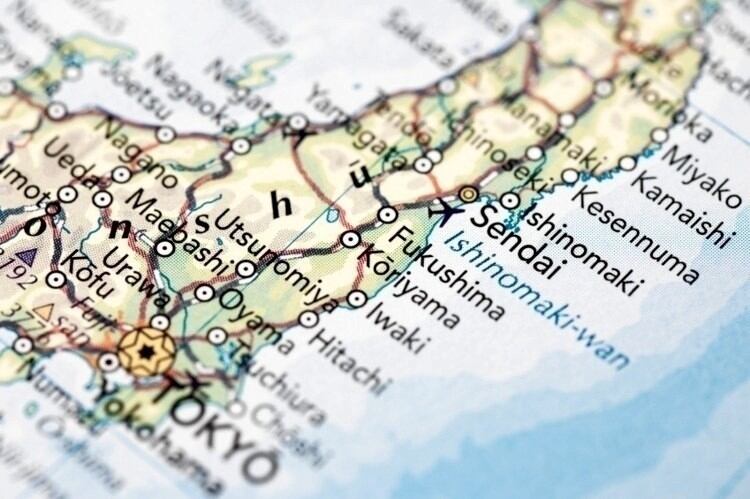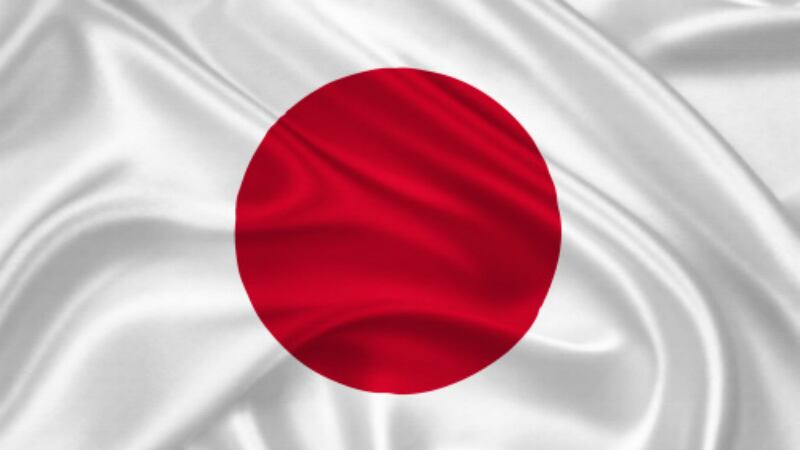Japan received approval from the United Nations’ International Atomic Energy Agency (IAEA) earlier this year to release the treated – though still somewhat radioactive – wastewater from the 2011 Fukushima nuclear disaster into the sea.
An official IAEA report after a two-year safety review concluded that this discharge of the treated water would have a ‘negligible radiological impact on people and the environment’ and ‘consistent with relevant international safety standards’.
This conclusion and Japan’s decision to proceed with the release has drawn ire from several countries globally, not least its immediate neighbours China and South Korea – but in July this year the South Korean government changed its tune and stood in agreement with the decision.
“We have analysed Japan’s strategy for treating and releasing this wastewater, and found that [the level of radioactive content] will be scientifically negligible,” said South Korean Minister of Office for Government Policy Coordination Bang Moon-kyu in a media briefing.
“The level of radioactive elements such as tritium will be less than 1/100,000th in comparison with 2021 level in the surrounding waters. We will be monitoring the process and communicate any concerns to Japanese authorities.”
This agreeable stance and endorsement has however only been limited to the government local environmental groups have heavily criticised the release and a major protest comprised of hundreds of general members of the public marched through Seoul a day after the endorsement was announced, citing concerns over not only the environment and marine life but also international public health and food safety.
In response to these concerns, South Korea’s Ministry of Food and Drug Safety has launched a nationwide campaign with videos and posters attempting to reassure the public that the safety of the local seafood supply, and thus public health and food safety, would not be affected by the wastewater release.
“South Korea applies radiation inspection standards that are 10 times stricter than international standards when it comes to assessing radioactivity in food products including seafood,” the MFDS Import Inspection Management Division stated via a formal statement.
“Where the United States and Europe allow food products with 1,200 Bq/kg and 1,250 Bq/kg caesium content respectively, South Korea only allows 100 Bq/kg.
“Furthermore, when it comes to imports even if only a small amount (0.5 Bq/kg) is detected, customs clearance will be blocked and an extra nuclide certificate will be necessary to proceed at all – but products with even trace detection will not be allowed to be distributed in South Korea.”
The nation also maintains import bans on all seafood products from Fukushima and the seven neighbouring prefectures that were affected by the nuclear incident (Aomori, Iwate, Mitagi, Ibaraki, Gunma, Tochigi and Chiba).
Does danger truly lurk in seawater?
Despite the government’s best efforts, it is likely to take more than an audiovisual campaign to allay people’s fears, as evidenced by mounting tension from not only concerned consumers but industry players and opposition political leaders.
“Allowing Japan to release this wastewater is akin to an international crime,” Korean Confederation of Trade Unions spokesman Han Sang-jin said via a formal statement.
“There are other options they can consider such as storing this wastewater on land [so why choose this option that could] harm local ecosystems and compromise food safety with the radioactive elements.”
Public sentiment is also largely negative, with data from local polling firm Gallup showing that 78% of participants were either very (62%) or somewhat (16%) worried about Japan’s decision.
Opposition leaders have decried the government’s decision as a political move, part of President Yoon Suk-yeol’s ongoing efforts to mend relationships with Japan over World War II controversies.
“[This government] is risking the lives and safety of its citizens – They should demand for Japan to pause these plans and accept a joint investigation by South Korea and other Pacific countries over these wastewater issues,” said opposition Democratic Party leader Lee Jae-myung in a public statement.
Yoon’s party appears aware of these criticisms - even going to the extent of performing peculiar acts such as drinking sea water from fish tanks in a seafood market to prove its safety even without any Fukushima wastewater in it – but it is clear that simple campaigning and public stunts are not going to appease local concerns any time soon, so much more will need to be done.





